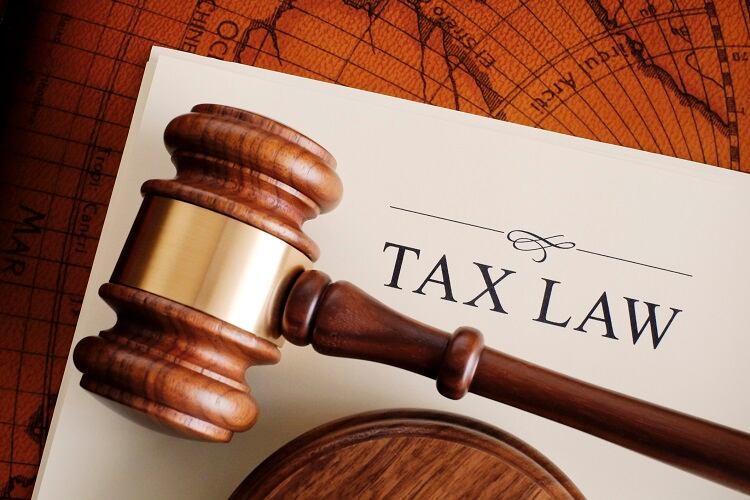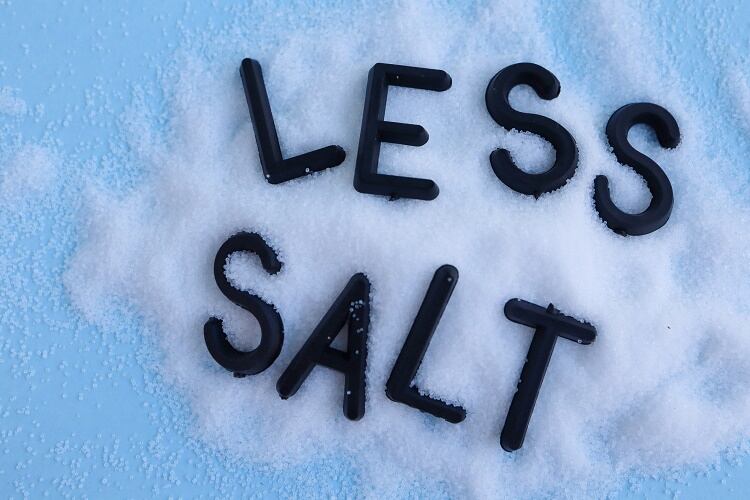Obesity numbers across Europe and the rest of the world have risen significantly over the past forty years, with the European Union (EU) now declaring it a “serious public health problem.” According to figures from the World Health Organization (WHO), 1 in 8 people in the world are now living with obesity.
Obesity is categorised as a body mass index (BMI) of over 30. It has been linked to a number of serious health issues, including cardiovascular disease, type 2 diabetes, musculoskeletal disorders such as osteoarthritis, and endometrial, breast and colon cancer.
Governments are therefore working to address this issue, with varying methods and varying degrees of success. However, one of the most commonly implemented methods to try to tackle obesity is the taxation of so-called unhealthy foods. But does this work?
What are unhealthy foods?
Though there is no official definition to what constitutes unhealthy foods, they are widely recognised to be foods that are high in fat, salt and sugar (HFSS).
The World Heart Federation supports this stating that an unhealthy diet contains foods high in salt, sugar, and saturated and trans fats.

Does taxing unhealthy foods help to reduce obesity?
A recent peer-reviewed study by Imperial College Business School has analysed the taxation of foods high in fat, sugar and salt (HFSS), to understand the effectiveness of this technique in addressing the problem of obesity.
The research was driven by the impact of obesity on overall health.
“Recognising the impact that food choices have on people’s health, we were motivated to identify and evaluate policies that could help countries stem the tide of obesity,” explains Dr Elisa Pineda an Imperial College research fellow at The George Institute for Global Health UK. “Our research is a crucial step towards helping countries create health policies that can significantly reduce the burden of disease and enhance the quality of people’s health. Our findings emphasise the potential of targeted fiscal measures, such as food taxes and subsidies, to alter consumer behaviours in a way that could lead to healthier populations on a global scale.”
The study, commissioned by the Dietary Improvement Team at the Office for Health Improvement & Disparities, Department of Health and Social Care, found that a tax on foods, which are high in fat, sugar and salt (HFSS), directly affects the sales of these products.
The review analysed findings from 20 separate country studies, looking at the global potential for tax on high fat, sugar and salt foods (HFSS). The studies included results from Mexico, the United States, Canada, Hungary, Denmark, the Netherlands, Singapore and New Zealand.
In Mexico, an 8% tax on non-essential, energy-dense foods, including sweets, chocolates, sugary cereals, crisps, and salty snacks, saw an 18% reduction in sales in supermarkets and an up to 40% reduction in other retailers. Furthermore, low-income groups, who were greater consumers of the taxed foods beforehand, showed the biggest drop in consumption once the tax was implemented.
However, results from North America and New Zealand suggest that a low-rate tax, or a tax without subsidies for healthier foods, might only be effective in raising government revenues rather than impacting obesity levels. To have an impact on consumption levels and obesity, the authors found that in these regions, high tax rates and subsidies for healthier foods such as fruits and vegetables, was fundamental in creating change.
“Our research is a crucial step towards helping countries create health policies that can significantly reduce the burden of disease and enhance the quality of people’s health," says Dr Pineda.

Should European countries implement taxation on HFSS foods?
Multiple countries across Europe, including Denmark, Finland and Hungary, have already implemented taxes on foods deemed unhealthy. Moreover, figures from the WHO show that governments implementing, “taxes on sugar-sweetened beverages (SSBs) are gaining momentum.”
“Our findings underscore the efficacy of HFSS food taxes as a viable strategy to reduce unhealthy food consumption and address the public health challenges of obesity,” says Dr Pineda.
It’s also believed that health inequalities, exacerbated by low income, could be reduced with the addition of a tax on foods that are high in fat, sugar and salt, if healthy foods are additionally subsidised.
“The evidence that people in lower-income groups benefit the most from these taxes suggests that they can also play a role in reducing health inequalities.” adds Dr Pineda. “The positive outcomes associated with combining HFSS food taxes with subsidies for healthier options make it a compelling policy option for governments looking to encourage healthy eating and reduce the impacts of obesity. However, to be most effective and avoid consumers simply substituting other unhealthy options, it is important that these taxes are paired with increased availability of healthy, affordable alternatives.”
Taxation on HFSS foods could also help to reduce obesity through reformulation. In the UK, new regulations regarding product placement within shops and supermarkets, has already motivated some brands to reformulate their products in order to avoid being removed from prominent retail locations. Taxation would likely further encourage brands to reformulate in order to avoid taxation, meaning that all consumers would be buying healthier products.
Source: Review: Effectiveness and policy implications of health taxes on foods high in fat, salt, and sugar
Published online: 26 February 2024
DOI: https://www.sciencedirect.com/science/article/pii/S0306919224000101
Authors: Elisa Pineda, Mathilde Gressier, Danying Li, Todd Brown, Sarah Mounsey, Jack Olney, Franco Sassi




